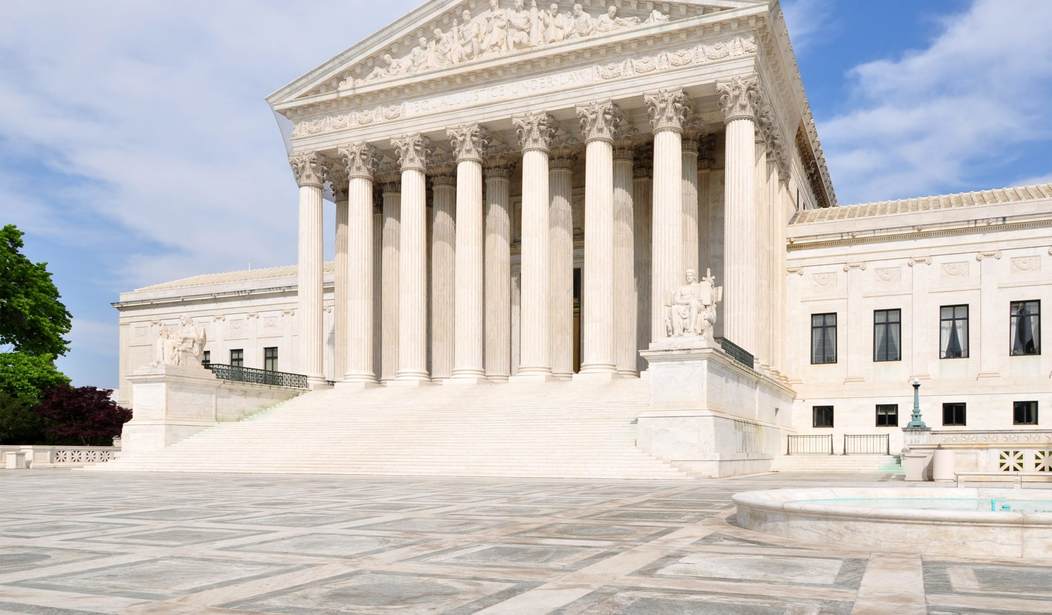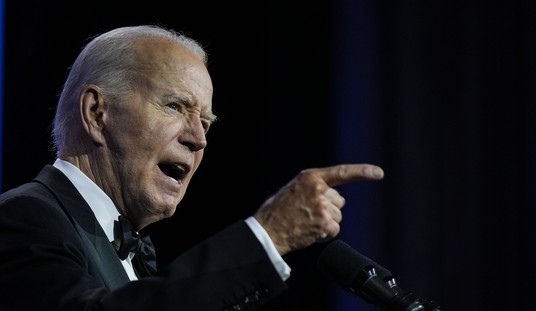On Monday, the Supreme Court will hear arguments in the case of a home health care worker who is forced to pay a fee to AFSCME even though he is not a member of the union.
A 1977 court decision gave unions the power to charge fees to non-union workers to help defray the costs of collective bargaining. Fourteen states currently allow the coercive practice.
In 2016, a California teacher brought a similar case before the court. But the death of Justice Antonin Scalia left the court split 4-4.
The appointment by Donald Trump of Neil Gorsuch to the court is expected to break the deadlock and deal public unions a big blow.
In both cases, the challengers argued that being forced to pay the agency fees to unions whose views they may not share violates their rights to free speech and free association under the U.S. Constitution’s First Amendment.
Unions in both cases contended that mandatory agency fees are needed in order to eliminate the problem of what they call “free riders” — non-members who benefit from union representation, for example through salary and working conditions obtained in collective bargaining — without actually paying for it.
Janus, 65, is backed in the legal fight by anti-union groups including the National Right to Work Legal Defense Foundation.
He said in an interview he is not a member of a political party and his objection to the fees was not based on politics. Janus said he has chafed at having to pay the fees, currently just under $50 a month, since starting his current stint working for Illinois in 2007.
“I don’t agree with the fact that someone is telling me I have to support something without asking me about that. This is not freedom of association. If I don’t pay, I lose my job,” Janus said.
AFSCME and other public-sector unions have called the case a well-funded attack by corporations and billionaires to undermine organized labor.
“This case is about power,” American Federation of Teachers President Randi Weingarten said.
“The funders of this case want a new Gilded Age, this time on steroids,” Weingarten added, referring to a period in the late 19th century known for its concentration of wealth among industrialists.
Twenty-four states have agency fee requirements. While 28 states have so-called right-to-work laws that prohibit mandatory agency fees, Wisconsin and Michigan have exceptions for police officers and firefighters that permit agency fees covering those workers. In those right-to-work states, unions still represent workers but membership rates are lower.
Federal employee unions cannot collect agency fees.
Many experts believe that the unions’ warnings of catastrophe are exaggerated. After all, the advantage these fees give unions is not in collective bargaining, but in contributing to political campaigns. The fees free up money that would otherwise be used for what unions are supposed to be doing: representing workers.
The idea that public sector unions can influence elections — in effect, electing their own bosses — is absurd. The real losers are taxpayers who have to pay for the gold-plated wage and benefit packages these unions extort from politicians they’ve bought over the years.










Join the conversation as a VIP Member